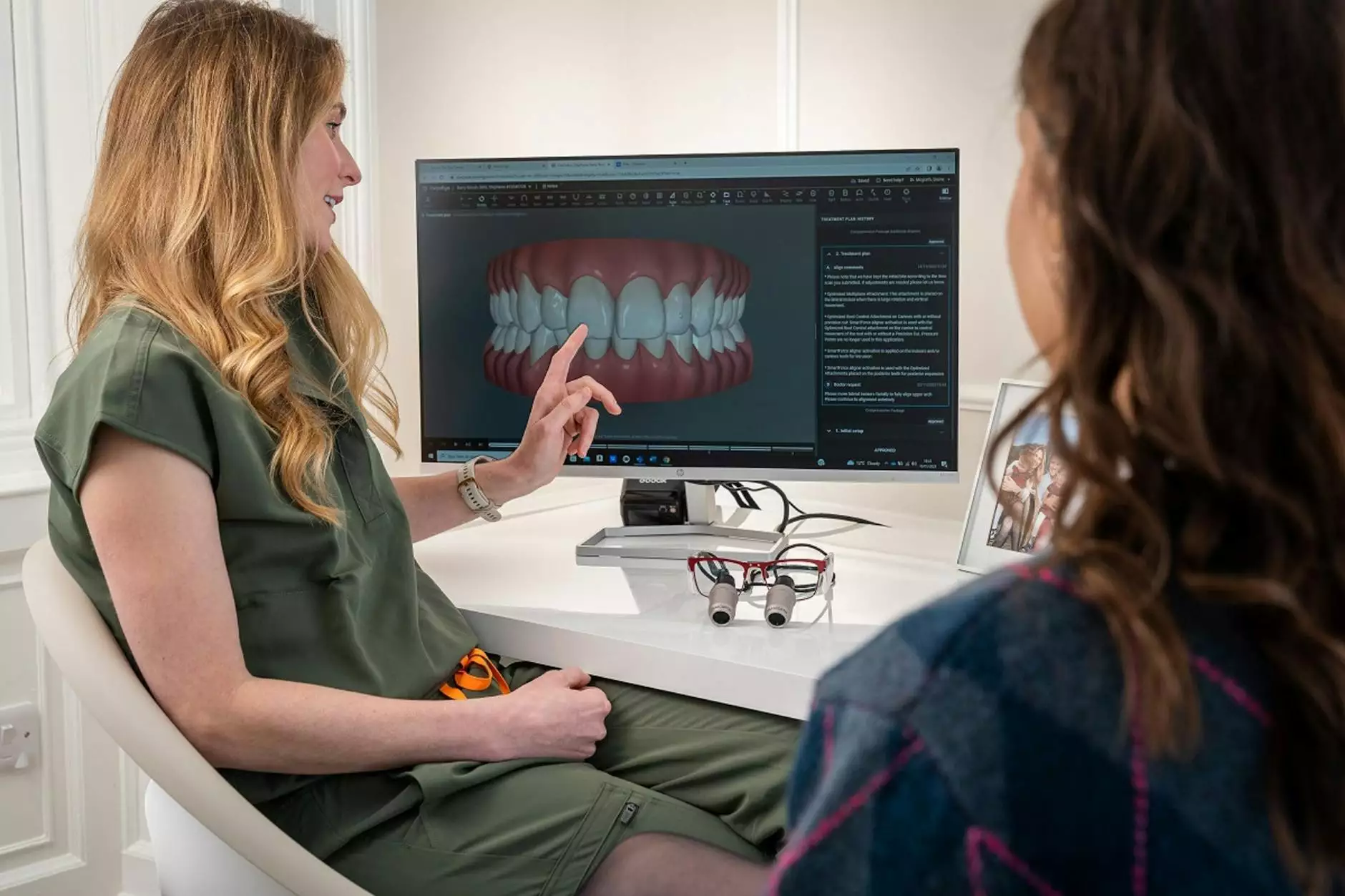Caring for Your Dental Implants: A Comprehensive Guide

Dental implants have become a popular solution for individuals who have lost teeth due to various reasons, such as injury, decay, or gum disease. They offer a durable and long-lasting replacement that mimics the appearance and function of natural teeth. However, like all dental restorations, caring for your dental implants is crucial to ensure their longevity and your overall oral health. In this comprehensive guide, we will walk you through the critical steps, best practices, and tips for maintaining your dental implants.
Understanding Dental Implants
Before diving into the care of dental implants, it’s important to understand what they are and how they function. A typical dental implant consists of three parts:
- The Implant: This is a titanium post that is surgically placed into the jawbone, serving as a root for the artificial tooth.
- The Abutment: This connector is placed on top of the implant and holds the crown securely in place.
- The Crown: This is the visible part of the implant that resembles a natural tooth.
The integration of the titanium implant with the bone, known as osseointegration, is what gives dental implants their strength and stability.
The Importance of Caring for Your Dental Implants
Caring for your dental implants is similar to caring for your natural teeth. Proper maintenance will help prevent complications, such as:
- Infection: Peri-implantitis is a condition where the tissue surrounding the implant becomes inflamed, which can lead to bone loss.
- Implant Failure: Neglecting oral hygiene can jeopardize the bond between the implant and bone.
- Gum Recession: Poor care can result in gum issues, leading to aesthetic concerns.
By following the proper care routines, you can significantly increase the lifespan of your dental implants and maintain a beautiful smile.
Daily Oral Hygiene Practices
One of the cornerstones of caring for your dental implants is maintaining excellent oral hygiene. Here are some key practices to implement:
Brushing
You should brush your teeth at least twice a day, and here are some specific tips for dental implants:
- Use a soft-bristled toothbrush to prevent damage to the gum tissue around the implant.
- Consider using an electric toothbrush, which can be more effective in removing plaque.
- Make sure to brush at a 45-degree angle to access the gum line and the area around the implant effectively.
Flossing
Flossing is equally important for implant care:
- Use waxed dental floss or a specialized interdental brush to clean around the abutment and crown.
- Floss at least once a day to remove food particles and plaque.
- Consider using a water flosser to gently irrigate around the implants, which can be particularly effective.
Antimicrobial Mouthwash
Incorporating an antimicrobial mouthwash into your oral hygiene routine can provide additional protection:
- This helps to reduce bacteria in the mouth, lowering the risk of infection.
- Choose an alcohol-free mouthwash to prevent dryness and irritation of the gums.
Regular Dental Visits
Even if you care for your dental implants daily, it’s essential to maintain regular check-ups with your dentist:
- Schedule visits every 6 to 12 months for professional cleanings and examinations.
- Your dentist will monitor the health of your implants and surrounding tissues, identifying any potential problems early.
- X-rays may be taken during these visits to evaluate bone condition around the implant.
Dietary Considerations
Your diet plays a significant role in the success of your dental implants. Here’s how to make informed choices:
Foods to Embrace
- Dairy Products: Foods like cheese, yogurt, and milk are rich in calcium, essential for bone health.
- Fruits and Vegetables: These provide necessary vitamins and minerals, including vitamin C, which supports gum health.
- Lean Proteins: Foods such as chicken, fish, and legumes help maintain overall body health.
Foods to Avoid
- Hard Candies and Ice: These can damage the dental crown or implant.
- Sticky Foods: Items like caramel or taffy can pull on the implant and cause issues.
- Sugary Snacks: Excess sugar can lead to plaque buildup, compromising both implants and natural teeth.
Addressing Problems Promptly
If you experience any discomfort, swelling, or unusual changes around your dental implants, it is critical to address these issues as soon as possible:
- Contact your dentist immediately if you notice persistent pain or infection signs.
- Do not ignore gum recession or any movement of the implant; these could indicate more severe concerns.
Post-Operative Care
After receiving your dental implants, following specific care instructions from your dentist is vital:
- Rest and allow your body to heal for the first few days following the surgery.
- Stick to a soft-food diet immediately after the procedure to avoid placing stress on the implant.
- Use a cold compress to reduce swelling and manage discomfort.
Special Considerations for Smokers
If you smoke, it's important to recognize that it can adversely affect the healing process and success of your dental implants:
- Smoking can lead to a higher risk of implant failure and complications.
- Consider quitting or at least reducing your smoking before and after the implant procedure.
Conclusion
Caring for your dental implants is an ongoing commitment that pays off by maintaining your oral health and enhancing the longevity of your implants. By adhering to good oral hygiene practices, attending regular dental check-ups, making informed dietary choices, and addressing potential issues early, you can ensure that your dental implants serve you well for years to come. Remember, your beautiful smile is worth the effort!
For more information and personalized dental care, visit us at 92 Dental. Our team is here to support you on your journey to optimal dental health.









